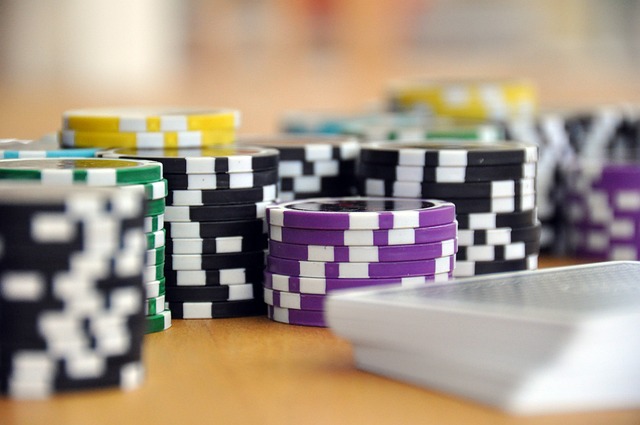When it comes to gambling, every game you play is a trade-off between risk and reward. Some casino games offer huge payout potential with a higher chance of losing, while others provide more frequent but smaller wins. Understanding this dynamic is essential if you want to choose the right games for your budget, goals, and playstyle.
Whether you’re a cautious beginner or a thrill-seeking high roller, finding the right balance between risk and reward helps you enjoy the game longer and more responsibly. In this guide, we’ll break down how different games compare, what factors affect your chances, and how to choose wisely.
Understanding Risk in Casino Games
Risk in casino games refers to the likelihood of losing your bet. Games with high risk tend to have larger potential payouts but a lower probability of winning. Slot machines with massive jackpots, for example, offer enticing rewards—but the odds of hitting a top prize are very low.
On the other hand, low-risk games usually pay smaller amounts but more often. Think of even-money bets in roulette or the pass line in craps. These games keep your bankroll going for longer, even if the wins aren’t massive. The key is recognizing how much risk you’re comfortable with and choosing games accordingly.
High-Risk, High-Reward Games

If you’re chasing big wins, high-volatility games are where you’ll find them. These include:
- Progressive jackpot slots: Huge top prizes, but very low odds
- High-stakes poker: Big pots, but highly competitive
- Baccarat tie bets or roulette single numbers: High payouts with low hit rates
These games can be exciting, but they also drain your balance quickly if you’re not careful. They’re best suited for short, high-energy sessions or players who can handle long dry spells while waiting for a big win.
Low-Risk, Consistent Payout Games
Prefer a longer, steadier session? Low-risk games focus on longevity and consistent engagement. These include:
- Blackjack with basic strategy: Low house edge, skill-based
- European roulette with even-money bets: Simple and steady
- Video poker: Reasonable payouts and strategy-based decisions
These games are ideal for players who want to stretch their bankroll, play for longer periods, and enjoy a more relaxed experience. The rewards may be smaller, but so are the losses, making it easier to manage your session over time.
The Role of House Edge in Risk Management

Every casino game has a house edge, which is the built-in statistical advantage the casino holds over the player. The higher the house edge, the greater the risk over time. For example:
- Blackjack (with strategy): ~0.5% house edge
- European roulette: 2.7%
- American roulette: 5.26%
- Slots: Varies from 2% to 15%+
Understanding the house edge helps you pick games where you’re not fighting against impossible odds. If you’re aiming to win or at least break even over the long run, focusing on games with a low house edge is a smart move.
Matching Game Types to Your Playstyle
Your ideal casino game depends on what you enjoy most. Ask yourself:
- Do you prefer fast action or strategic depth?
- Are you looking to win big or play longer?
- Do you want a social experience or solo gameplay?
For strategic players, blackjack or poker may be more engaging. For casual entertainment, slots offer vibrant visuals and simple mechanics. And for a blend of both, roulette or baccarat provide a balanced experience.
It’s not about choosing the “best” game universally—it’s about choosing the best game for you.
When it comes to casino games, understanding the relationship between risk and reward empowers you to make smarter choices. High-risk games may offer excitement and large payouts, but they’re not for everyone. Low-risk games can be more reliable and less stressful, especially for beginners or budget-conscious players.
The smartest gamblers know their goals, understand the odds, and pick games that align with their expectations. Whether you’re playing for fun or hoping for a payout, striking the right balance makes the difference between a good session and a costly one.
